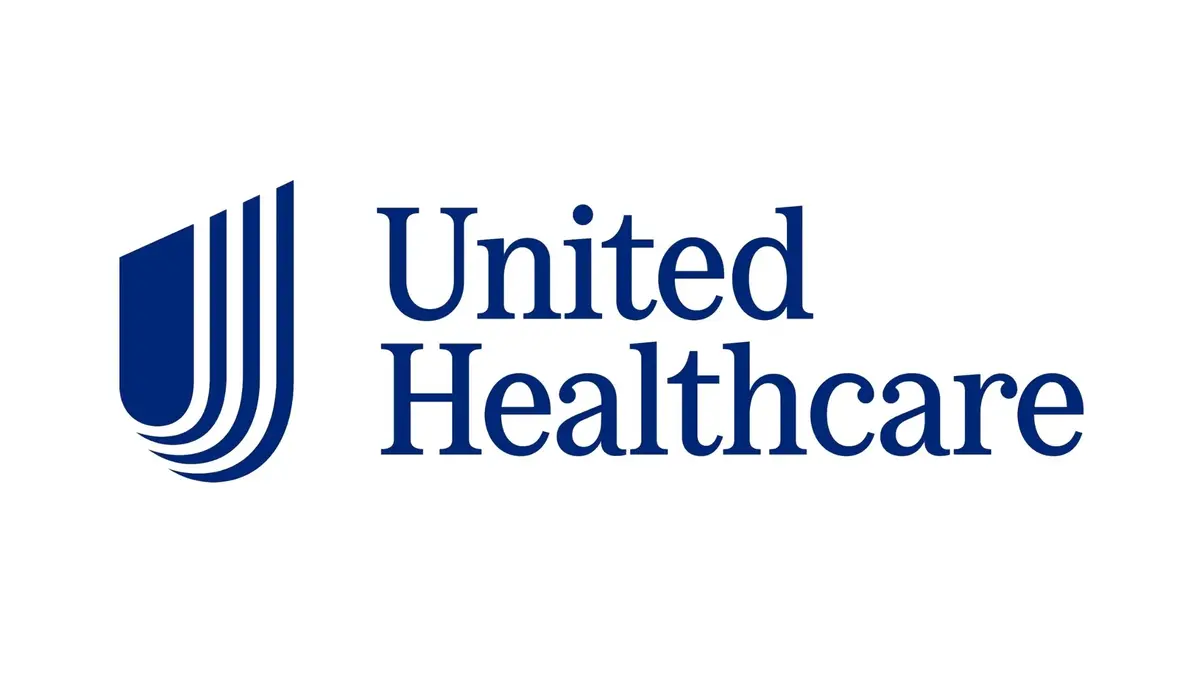If you’re curious about United Healthcare TMS treatment coverage, you’ve come to the right place. Transcranial Magnetic Stimulation (TMS) can help with depression and other mental health conditions, and this page is dedicated to providing information on UnitedHealthcare (UHC) TMS treatment coverage, TMS benefits, and how this innovative therapy is transforming lives across Florida.

United Healthcare TMS (Transcranial Magnetic Stimulation) Treatment in Florida
What is TMS Therapy?
Transcranial Magnetic Stimulation (TMS) represents a modern therapeutic approach involving the application of magnetic fields to precise brain areas. This non-invasive brain stimulation is primarily employed in the treatment of major depressive disorder (MDD), providing a well-tolerated and generally safe option for those who haven’t responded to conventional treatments or medications.
During TMS therapy sessions, a specialized coil is positioned on the scalp to administer magnetic pulse stimulation to specific brain regions linked with mood regulation. TMS mechanism of action operates by inducing electrical currents in targeted brain areas. The deployment of a magnetic coil on the scalp generates a rapidly changing magnetic field known as Theta Burst Stimulation (TBS), which permeates the skull to induce electrical currents in the underlying brain tissue, fostering positive changes in brain function.
As with any medical procedure, there may be some associated side effects. Common TMS side effects are usually mild, such as scalp discomfort or a minor headache at the treatment site during or after the session. These effects tend to diminish as the treatment progresses, ensuring TMS efficacy and safety.
TMS has demonstrated promising results in alleviating depression symptoms, with research indicating its effectiveness in reducing the severity of depressive episodes. It’s often necessary to undergo multiple treatments before observing improvements in symptoms. Typically, individuals undergo daily sessions over several weeks to fully realize the benefits of TMS therapy.
Further exploration will reveal specific statistics highlighting success rates and the overall impact of TMS as a transformative mental health treatment typically offered by United Healthcare providers.

Is TMS (Transcranial Magnetic Stimulation) Therapy Evidence-Based?
Transcranial Magnetic Stimulation (TMS) has garnered increasing attention in recent years for its evidence-based approach to alleviating symptoms associated with depression and various psychiatric disorders. Numerous clinical studies have provided compelling evidence regarding TMS and Major Depressive Disorder (MDD) that has proven resistant to traditional antidepressant medications or therapies.
While TMS is a scientifically validated option for certain conditions, it may not always be the initial treatment of choice. The decision to pursue TMS depends on several factors, including the specific diagnosis, treatment history, and the patient’s overall health condition. Additionally, ongoing research is exploring the potential of TMS in treating conditions beyond depression, with promising results emerging, including TMS for migraine treatment.
Who is United Healthcare?
Founded in 1977, UnitedHealthcare (UHC) is a prominent health insurance provider in the United States. The company’s core mission is enhancing the efficiency and affordability of the healthcare system while offering an array of health plans and services. As part of the larger UnitedHealth Group, UHC is dedicated to improving healthcare access and outcomes for individuals and communities.
United Healthcare plans include individual, family, group, Medicare Advantage, Medicare Supplement, and Medicaid community options. Based in Minnesota, the company aims to improve the well-being of its members by providing United Healthcare wellness programs, a nurse hotline, and online tools. Moreover, the United Healthcare member portal and mobile app facilitate account management and the medical claims process.
The United Healthcare network comprises medical professionals, hospitals, specialists, and pharmacies, allowing members to choose between in-network and out-of-network providers.

At The Sylvia Brafman Mental Health Treatment Center in Fort Lauderdale, Florida, our team of dedicated professionals is ready to guide you. We offer IOP and a variety of treatments programs, each uniquely designed to meet your needs. So don’t wait, reach out to us today! Either give us a call or fill up the form below to request a callback.
"*" indicates required fields

Do United Healthcare Health Insurance Plans Offer Coverage for TMS Treatment in Florida?
Yes, UHC provides coverage for medically necessary Transcranial Magnetic Stimulation (TMS) treatment for major depressive disorder (MDD) when certain conditions are met, including resistance to treatment using psychiatric medications. United Healthcare behavioral health services are provided through Optum, a subsidiary of UnitedHealth Group since 2011.
For further information about TMS at The Sylvia Brafman Mental Health Center in South Florida, call 877-958-9212. Our patient advocates can offer comprehensive information on your in-network and out-of-network coverage options, any necessary prior authorization requirements, and details on copayments, deductibles, coinsurance, limitations, exclusions, and more. Alternatively, you can conveniently and confidentially confirm your insurance coverage through our online verification form.
Does UHC Cover TMS Therapy in Florida to Treat Depression?
Yes, United Healthcare TMS therapy coverage extends access to this effective treatment, offering potential relief when traditional therapies fail to provide adequate relief. If you’re considering TMS treatment for depression or another condition and need to learn more about your health insurance provider’s coverage options, call 877-958-9212.
Our team is committed to helping you understand your insurance plan and providing you with all the necessary information related to TMS and Major Depressive Disorder (MDD), including copayments, deductibles, and other relevant details. Your journey toward relief and well-being is a phone call away with the support of UHC and The Sylvia Brafman Mental Health Center.
TMS Center in Florida That Accepts United Healthcare
The Sylvia Brafman Mental Health Center provides a broad range of mental health care services, including Transcranial Magnetic Stimulation (TMS). This treatment involves daily sessions over several weeks, is well-tolerated, and does not require anesthesia, making it an excellent option for those seeking non-pharmacological or non-invasive approaches.
Our experienced medical and clinical team has decades of combined experience in helping individuals overcome mental health challenges. We also accept UnitedHealthcare (UHC) mental health insurance coverage, further expanding access to our services. For more information about our offerings, coverage options, and more, please contact us at 877-958-9212 or feel free to visit our physical location.
- The Sylvia Brafman Mental Health Center: 7710 NW 71ST CT, Tamarac, Florida, 33321

What Conditions for TMS Therapy Can UHC Cover in Florida?
United Healthcare TMS therapy coverage extends to specific conditions, offering an alternative to standard, first-line treatments, which means it may not be the initial treatment, and there is an approval process that will take place. The following outlines conditions where Transcranial Magnetic Stimulation (TMS) may be a viable treatment option, highlighting its effectiveness in addressing various conditions.

What is the Cost of TMS Treatment Without UHC Health Insurance?
Without insurance coverage, a single course of Transcranial Magnetic Stimulation (TMS) can cost anywhere from $6,000 to $12,000. Generally, a course of TMS involves daily sessions over four to six weeks. However, the treatment duration may vary depending on your response to the treatment and your healthcare provider’s prescribed protocol.
For an accurate estimate of your expenses for TMS treatment in Florida, call 877-958-9212.
How To Get UnitedHealthcare to Pay for TMS Therapy in Florida?
To initiate United Healthcare TMS treatment coverage in The Sunshine State, fully understanding the details of your UHC insurance plan is crucial. If you need guidance in navigating the complexities of TMS treatment, coverage benefits, and answers to any other inquiries, don’t hesitate to contact our helpful patient advocates at 877-958-9212.
Once you understand your coverage specifics and requirements, work closely with healthcare professionals and the treatment center. Ensure open communication with United Healthcare member services to obtain prior authorization for your proposed treatment plan. This proactive approach facilitates the approval and minimizes the likelihood of claims denials.



